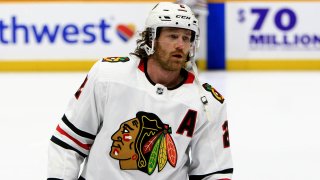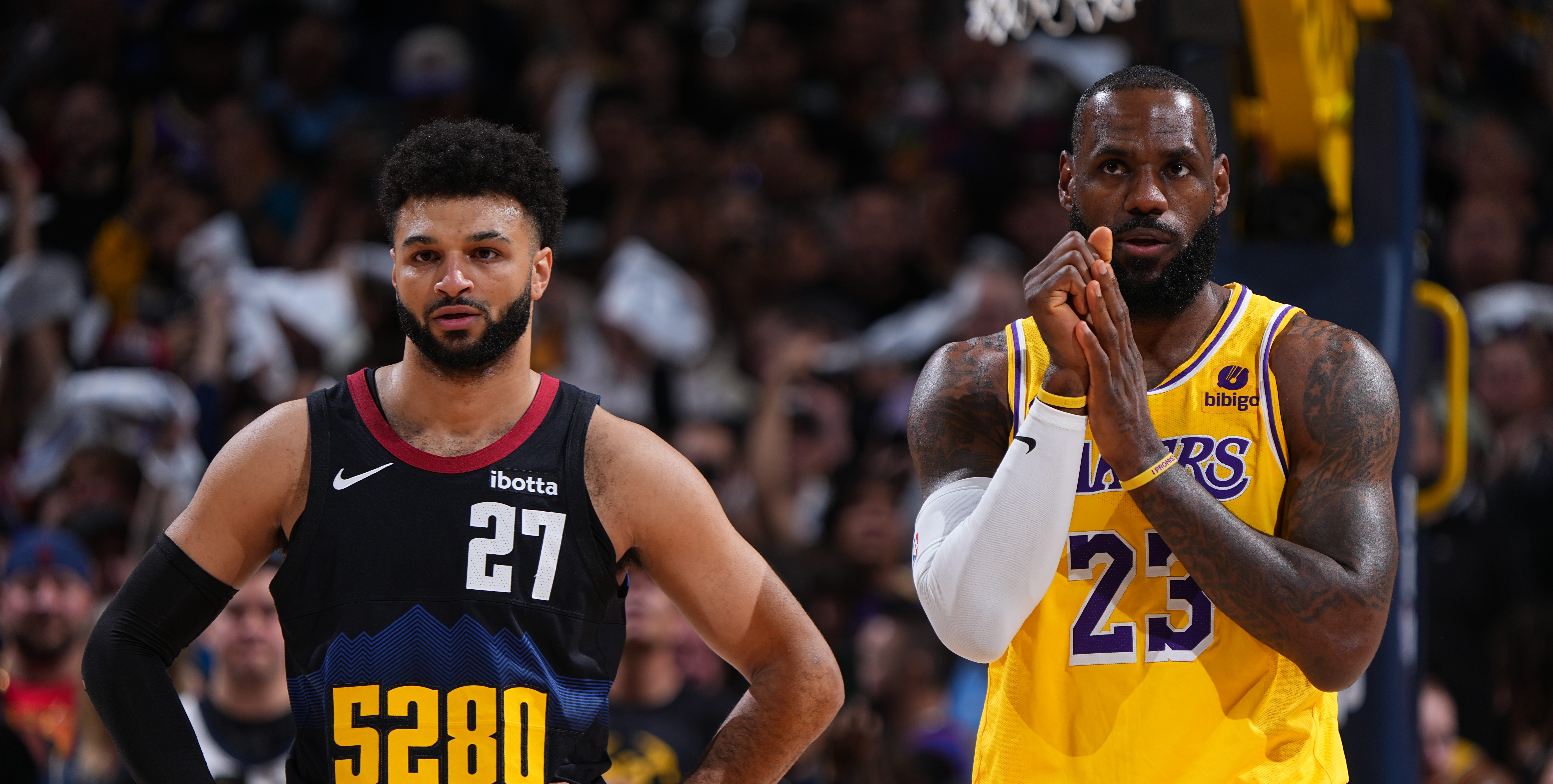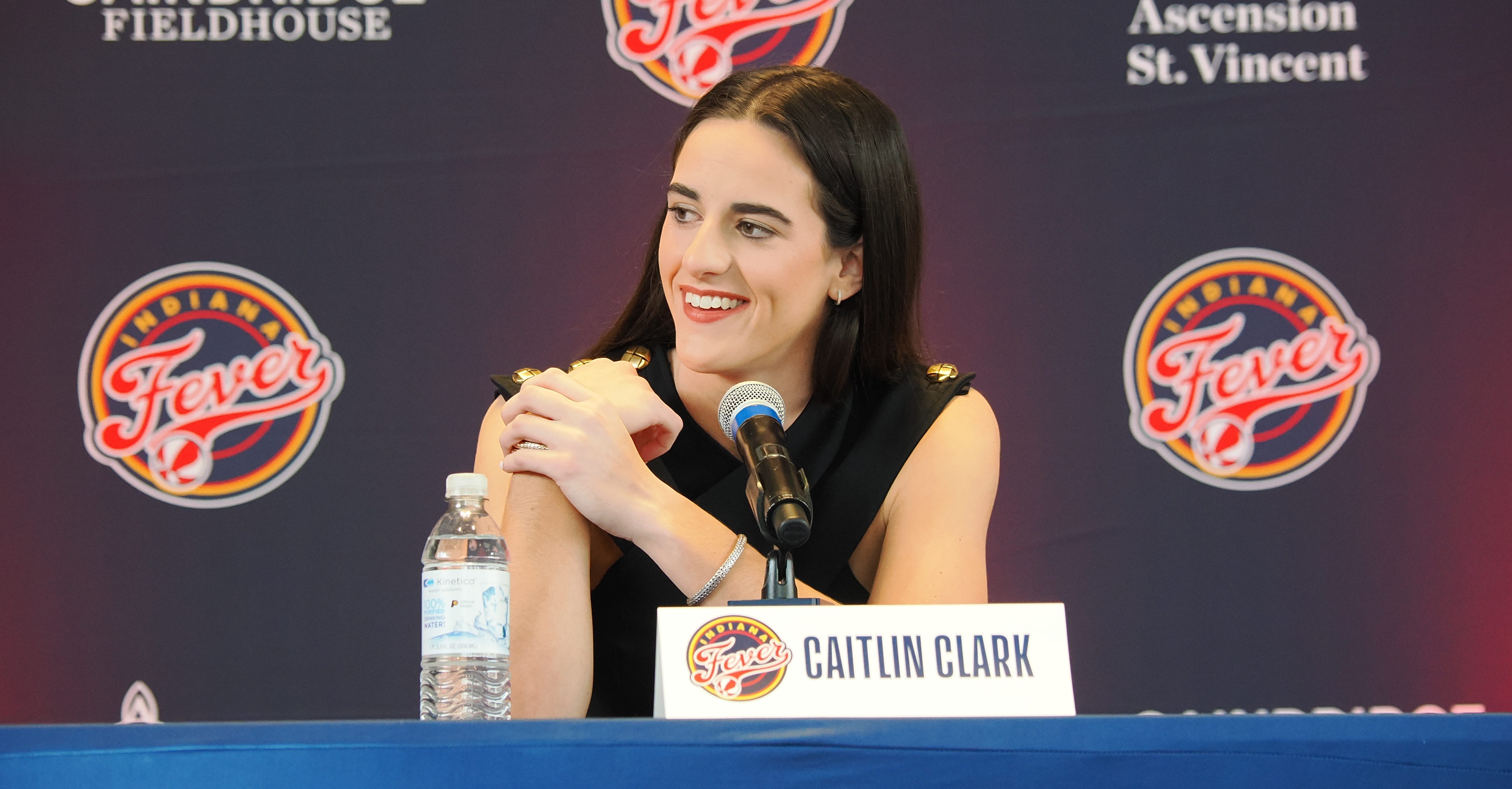
According to multiple reports, former Chicago Blackhawks defenseman Duncan Keith is retiring from the NHL, but even though he no longer is officially on the team’s roster, they’re still going to feel a huge impact from his decision to hang up his skates.
Keith, who signed a 13-year contract with the Blackhawks that took effect in the 2010-11 season, spent the last two seasons with the Edmonton Oilers, and despite having one season left on that deal, he has opted to retire, giving the Oilers some much-needed cap space as they try to finally get back into the Stanley Cup Final.
While the Oilers will benefit financially from Keith’s decision to step away, the Blackhawks will actually be punished for it thanks to a league rule called "salary cap recapture."
Here’s a breakdown:
Feeling out of the loop? We'll catch you up on the Chicago news you need to know. Sign up for the weekly Chicago Catch-Up newsletter here.
What is “Salary Cap Recapture”?
The rule, which NHL put into effect in the 2013 collective bargaining agreement, is viewed as a way to effectively punish teams whom the league determined had gamed the salary cap by front-loading contracts to an excessive degree.
Front-loading contracts can lower an NHL player’s salary cap number because the league uses the average annual value (AAV) of a contract to determine the cap hit, not the actual salary that the player makes in a given year.
Sports
Keith’s 13-year contract was one such deal, with the defenseman receiving a disproportionate amount of his salary in the early stages of the pact.
Under new NHL rules, contracts are not allowed to exceed eight years in length, and a salary can only vary by a much-smaller degree from year-to-year.
How Was Duncan Keith’s Deal Structured?
Keith’s contract paid him more than $8 million a season initially, but his salary cap hit was only a shade over $5.5 million.
The Blackhawks used additional years of low-pay at the end of the contract to help bring that average down, with Keith making less than $3 million in each of the final three seasons of his contract.
So How Are the Penalties Assessed?
Under the league’s salary cap recapture penalty formula, a team is responsible for paying back whatever benefits they derived from setting up the contracts in this way.
For instance, in the first seven years of Keith’s contract, there was a nearly $14 million difference between actual salary and Keith’s cap hit, benefitting the Blackhawks tremendously.
Over the final years of the deal, that total began to shrink as Keith’s cap hit exceeded his salary, but when the Blackhawks traded him to the Oilers, that total became locked in at just under $7.5 million.
How Will the Blackhawks Pay Back That $7.5 Million?
Under the original rule, the Blackhawks would have had to pay that entire amount back the season following Keith’s retirement, but the league altered the recapture formula in the newest CBA. Under the new rule, the cap recapture penalty cannot exceed a player’s salary cap hit in a given season, meaning that the Blackhawks will be assessed the penalty over the coming two seasons.
As a result, the Blackhawks will now have to carry a dead cap hit of more than $5.5 million this season, and a dead cap hit of nearly $2 million next season.



